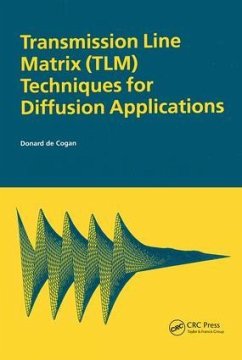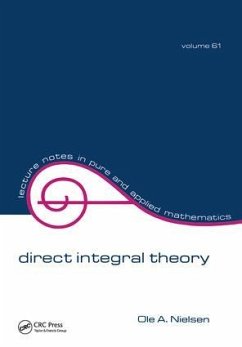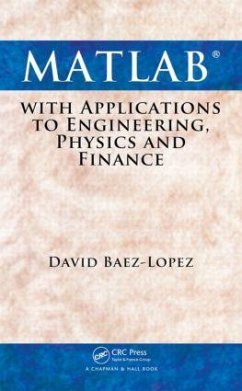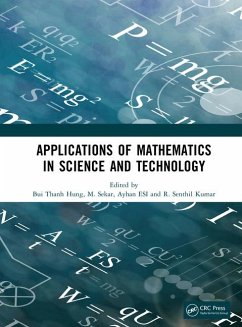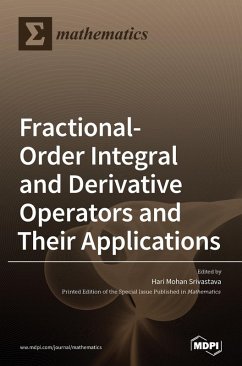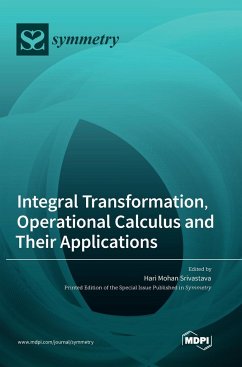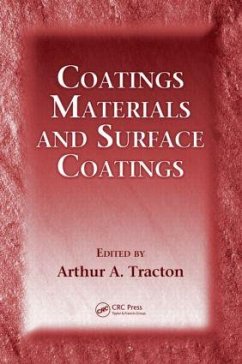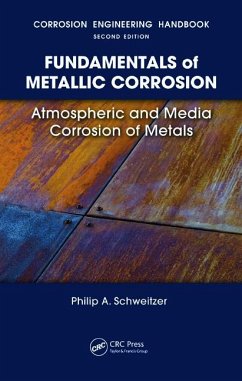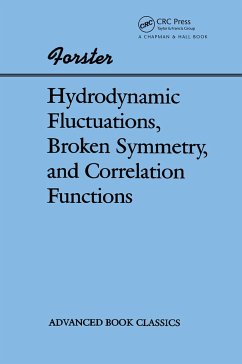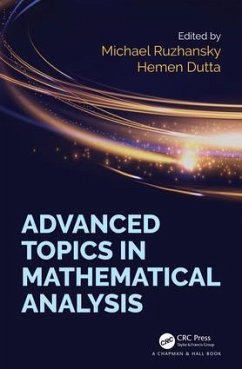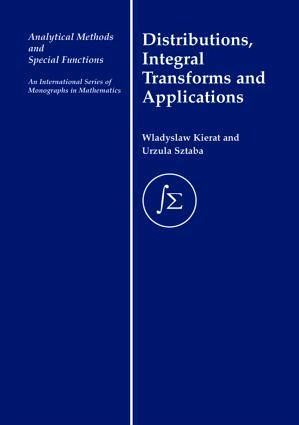
Distribution, Integral Transforms and Applications

PAYBACK Punkte
74 °P sammeln!
The theory of distributions is most often presented as L. Schwartz originally presented it: as a theory of the duality of topological vector spaces. Although this is a sound approach, it can be difficult, demanding deep prior knowledge of functional analysis. The more elementary treatments that are available often consider distributions as limits of sequences of functions, but these usually present the theoretical foundations in a form too simplified for practical applications.Distributions, Integral Transforms and Applications offers an approachable introduction to the theory of distributions and integral transforms that uses Schwartz's description of distributions as linear continous forms on topological vector spaces. The authors use the theory of the Lebesgue integral as a fundamental tool in the proofs of many theorems and develop the theory from its beginnings to the point of proving many of the deep, important theorems, such as the Schwartz kernel theorem and the Malgrange-Ehrenpreis theorem. They clearly demonstrate how the theory of distributions can be used in cases such as Fourier analysis, when the methods of classical analysis are insufficient.Accessible to anyone who
In this approachable introduction to the topic, Distribution, Integral Transforms and Applications makes clear the theory of distributions and integral transforms, exploring the general theory, examples and applications. The authors emphasize the remarkable connection between distribution theory and the classical theory and analysis of differential equations. First they explain the theory of the Lebesque integral as a fundamental tool in the proofs of many theorems. They also give practical hints on using the theory of distributions when classical analysis is insufficient. The text is designed for graduate students and researchers in applied mathematics, engineering, and related disciplines.



